Struggling to build muscle no matter how hard you train? You’re not alone. Discover the 9 hidden reasons behind your plateau and the practical fixes to finally start gaining size. You’re putting in the work. You’re sweating through workouts, feeling the burn, and waiting for the gains to come. But when you look in the mirror, nothing has changed. The frustration is real.
If you’re thinking, “I can’t gain muscle even with training,” you’re not broken. You’re likely missing a key piece of the muscle-building puzzle.
Building muscle is a complex process. It’s not just about lifting weights. It’s a symphony of training, nutrition, and recovery. If one section of the orchestra is out of tune, the whole performance suffers.
This guide will walk you through the 9 most common reasons for stalled muscle growth and provide a clear, actionable plan to get you back on track.
1. You’re Not Eating in a Caloric Surplus (The Biggest Reason!)
This is the most common culprit. You cannot build new muscle tissue out of thin air. Your body needs excess energy (calories) to repair and grow muscle fibers broken down during training.
- The Problem: You might be undereating without realizing it. You feel full, but your total caloric intake isn’t enough to support growth.
- The Fix:
- Calculate Your Maintenance Calories: Use an online TDEE (Total Daily Energy Expenditure) calculator.
- Eat 300-500 Calories More: Aim for a slight surplus above your maintenance number.
- Track Your Intake: Use an app like MyFitnessPal for just one week to audit your food. The results will often surprise you.
Check also: Best legal supplements for muscle growth

2. You’re Not Eating Enough Protein
Calories are the fuel, but protein is the building block. Muscle is made of protein. Without adequate intake, your body lacks the raw materials needed for repair and growth.
- The Problem: The classic “I eat a lot of food” might mean a lot of carbs or fats, but not enough protein.
- The Fix:
- Aim for 1.6 – 2.2 grams of protein per kilogram of body weight (or 0.7 – 1 gram per pound).
- Space it out: Distribute your protein intake evenly across 3-4 meals throughout the day for optimal absorption.
See more in Gym training tips
3. Your Training Lacks Progressive Overload
Progressive overload is the #1 principle of muscle growth. It means consistently challenging your muscles more over time. If you lift the same weight for the same reps every week, your body has no reason to adapt and grow.
- The Problem: Your workout routine has become just that—a routine. It’s comfortable, not challenging.
- The Fix: Each week, try to do just a little more. You can:
- Add more weight to the bar.
- Perform more repetitions with the same weight.
- Do more sets.
- Increase your training frequency for a muscle group.
Cellucor JOLLY RANCHER Flavored COR-Performance® Creatine Monohydrate Powder
4. You’re Not Lifting with Proper Form
Swinging weights and using momentum might make you feel strong, but it steals tension away from the target muscle. Poor form limits muscle fiber engagement and increases injury risk.
- The Problem: Ego lifting. Prioritizing weight on the bar over feeling the muscle work.
- The Fix:
- Master mind-muscle connection: Focus on feeling the target muscle contract and stretch with every rep.
- Film yourself: Check your form or ask a qualified trainer for feedback.
- Prioritize control: Lower the weight (eccentric phase) with control for 2-3 seconds.
5. You’re Not Getting Enough Quality Sleep
This is non-negotiable. Your muscles grow when you rest, not when you train. During deep sleep, your body releases growth hormone (GH), which is critical for muscle repair and growth.
- The Problem: Sacrificing sleep for late nights, thinking your gains are only made in the gym.
- The Fix:
- Aim for 7-9 hours of quality sleep per night.
- Establish a routine: Go to bed and wake up at consistent times.
- Optimize your environment: Keep your room dark, cool, and free from screens an hour before bed.
6. You’re Doing Too Much Cardio
Excessive cardio, especially in a calorie deficit, can create a catabolic (muscle-wasting) environment. Your body struggles to recover from strength training when it’s also recovering from long runs or HIIT sessions.
- The Problem: Believing more exercise is always better.
- The Fix:
- Cardio is great for health, but moderate it for muscle growth. 2-3 sessions of 20-30 minutes of low-intensity steady-state (LISS) cardio per week is a great target.
- Time it wisely: Do cardio on separate days from weights or at least 6 hours apart.
Check also: 5 biggest mistakes during bench press
7. Your Routine Lacks Compound Movements
While bicep curls have their place, you can’t build a powerful physique with isolation exercises alone. Compound movements like squats, deadlifts, bench presses, and rows work multiple large muscle groups at once, allowing you to lift heavier weights and release more muscle-building hormones.
- The Problem: A program filled with machine exercises and cable work, missing the foundational lifts.
- The Fix: Ensure your program is built around heavy compound lifts. They should be the core of your training week.

8. You’re Stressed Out (Cortisol)
Chronic stress elevates the hormone cortisol. High cortisol levels can break down muscle tissue, increase fat storage, and hinder recovery, directly opposing your muscle-building goals.
- The Problem: High-stress job, poor work-life balance, and lack of relaxation.
- The Fix: Actively manage stress through:
- Mindfulness or meditation (even 10 minutes a day).
- Walking in nature.
- Proper sleep and nutrition.
- Adaptogenic supplements like Ashwagandha*, which have been shown to help the body manage cortisol levels.
9. You Have Unrealistic Expectations
Muscle growth is a slow process. It’s measured in months and years, not days and weeks. Social media often showcases steroid-enhanced physiques and misleading transformation timelines.
Celebrate small wins like adding 5lbs to your lift or getting an extra rep.
The Problem: Comparing your day 100 to someone else’s year 10.
The Fix:
Practice patience and consistency. Trust the process.
Track progress beyond the scale: Take progress photos, measure strength gains (more weight or reps), and note how your clothes fit.
The Bottom Line: It’s a System
If you can’t gain muscle, the answer is rarely one magical fix. It’s about auditing your entire system—training, nutrition, and recovery. Be honest with yourself. Which of these nine areas can you improve?
Start with one. Nail your protein intake for two weeks. Then focus on adding progressive overload to your main lifts. Then prioritize sleep.
The gains will come. You just need to give your body the right signals and materials to build.
FAQ: Can’t Gain Muscle
Q: Could it be a medical issue if I can’t gain muscle?
A: In rare cases, conditions like low testosterone, thyroid issues, or other hormonal imbalances can hinder growth. If you’re confident your training, nutrition, and recovery are all dialed in for several months with zero progress, it may be worth consulting a doctor.
Q: What are the best supplements for muscle growth?
A: Supplements supplement a good foundation; they don’t replace it. Once your diet and training are perfect, consider:
- Whey Protein Powder: A convenient way to hit your daily protein targets.
- Creatine Monohydrate: The most researched supplement in the world. Proven to increase strength and muscle mass.
- Pre-Workout: Can improve energy and focus for better training sessions, but isn’t essential.
Q: How long does it take to see muscle gain?
A: With a perfect program, a beginner can see noticeable changes in 2-3 months. However, measurable strength gains can often be seen within the first few weeks.
See also: all you need to know about biggest supplements trends in US for 2026 i 2027
While nailing the fundamentals of calories, protein, and progressive overload is essential, many lifters overlook the profound impact of nutritional timing and peri-workout fueling. Consuming a balanced meal or shake containing both protein and fast-digesting carbohydrates 60-90 minutes before training provides the immediate energy and amino acid pool needed to train with maximum intensity and protect against muscle breakdown. Furthermore, the 60-minute window post-exercise is a prime anabolic opportunity when muscle cells are acutely sensitive to any nutrients. A rapid-recovery shake here accelerates repair and glycogen replenishment, setting the stage for growth. This strategic approach to fueling turns each workout from a taxing event into a powerful growth stimulus, ensuring your hard work in the gym is fully realized at the physiological level.
Beyond the physical variables, a hidden saboteur for many is inconsistent program adherence disguised as variety. The desire to constantly switch exercises after watching the latest fitness influencer routine leads to “program hopping,” which prevents the long-term mastery and progressive overload required for growth. Muscle growth is a signal-response process; your body adapts to a specific stressor over time. If you change the stressor (the exercise) every few weeks, you reset the adaptation cycle before meaningful growth can occur. Committing to a well-structured, fundamental program for a minimum of 8-12 weeks allows you to build strength linearly on key movements—adding five pounds to your squat each week is far more impactful for muscle than randomly introducing a new leg press variation. True progress is found not in novelty, but in the relentless, consistent pursuit of improvement on the basics.
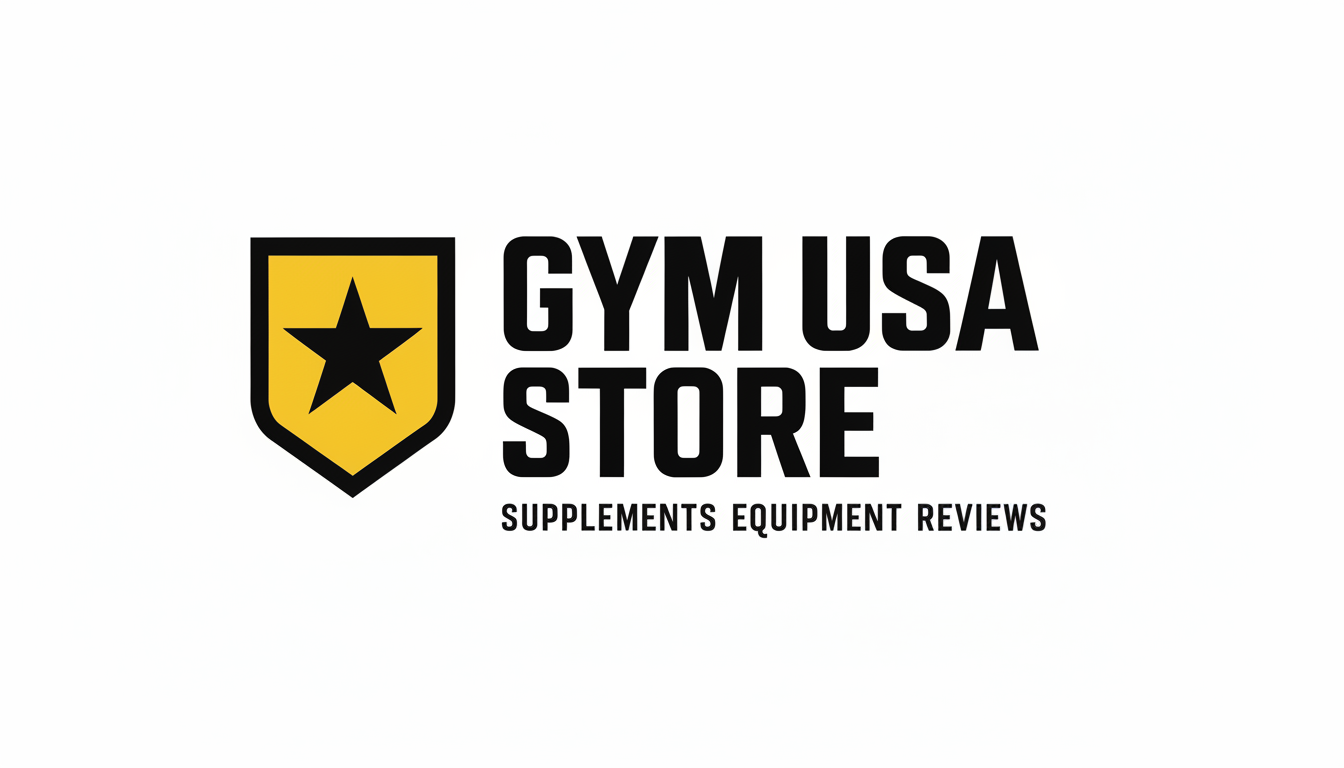

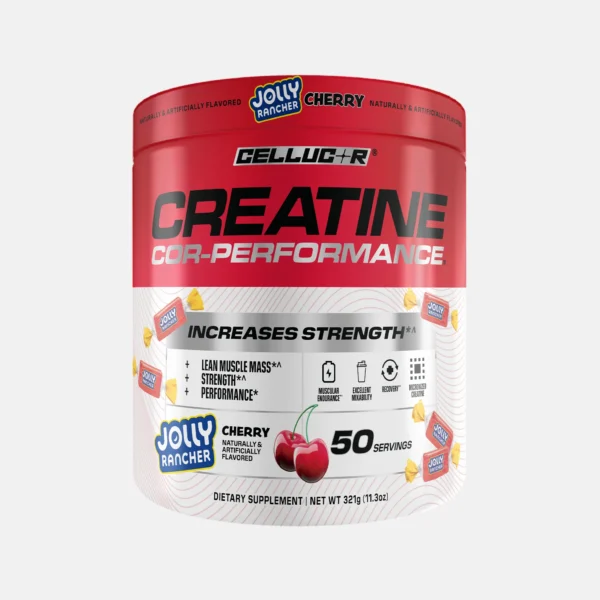
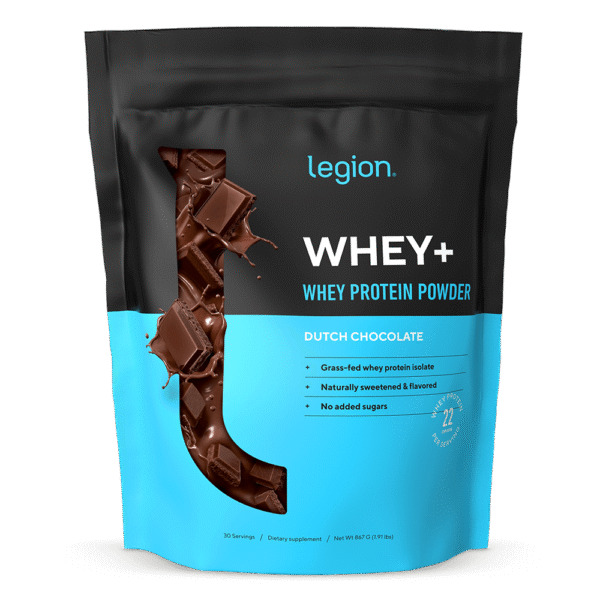












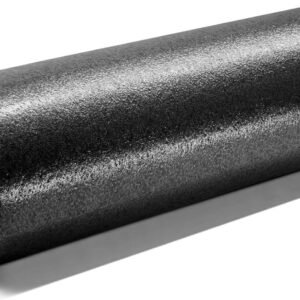

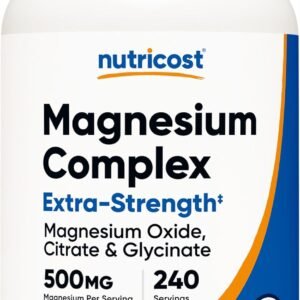


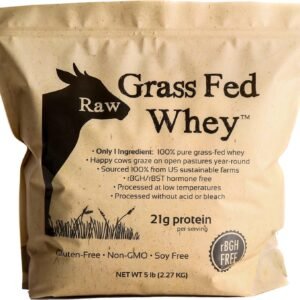



2 Comments
[…] a research scientist specializing in exercise physiology and sports nutrition, my goal is to translate complex biochemical pathways into actionable intelligence for you. This […]
[…] training: Heavy resistance exercise naturally boosts testosterone and growth […]